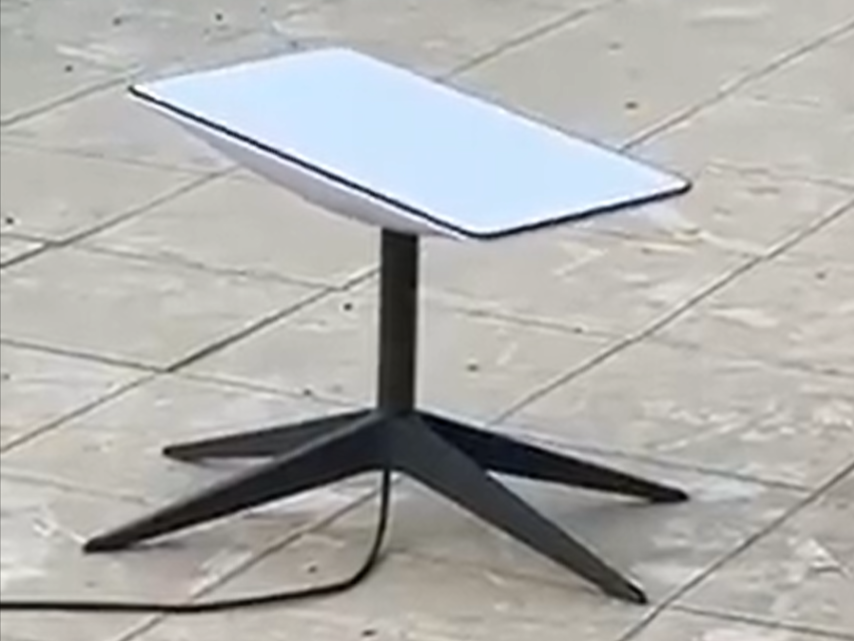Starlink receivers smuggled into Iran to provide free internet
Iranian authorities claim satellite dishes ‘deviate morality and culture’

Activists claim to have smuggled dozens of Starlink receivers into Iran in order to bypass strict internet censorship and blackouts in the country.
SpaceX’s Starlink internet network relies on a constellation of thousands of satellites to beam unfiltered, high-speed internet back to Earth, however it requires a ground-based receiver in order to share the signal to users.
Countries with strict internet censorship are able to forbid the sale of Starlink terminals in order to maintain control over telecommunications within their borders, while Iran also faces strict economic sanctions that prevent SpaceX from selling their products their.
SpaceX boss Elon Musk has previously said he will seek exemptions from Iranian sanctions in order to operate Starlink in the country, though such a move would not necessarily lead to the sale of Starlink units.
Satellite dishes are currently illegal in Iran, with authorities claiming they “deviate morality and culture”.
A video shared by Professor Karim Sadjadpour, a senior fellow at the Carnegie Endowment for International Peace, appeared to show Starlink terminals being shipped to Iran.
Another video showed a working Starlink receiver set up on a roof that he claimed to be in Iran.
“Efforts have been underway for more than a month to get Starlink terminals to Iran. One group of activists... [have] already sent dozens of terminals to Iran and intend to scale up,” Professor Sadjadpour tweeted.
“These efforts are still very nascent, but they have evidence the terminals are working and claim they’re taking extra precautions to lessen the risks to users.”

Internet outages in Iran have become common in recent weeks following protests surrounding the death of Mahasi Amini, a 22-year-old woman who died while being held in custody by the country’s morality police for allegedly violating the strict Islamic dress code by wearing her headscarf too loosely.
Global internet monitor NetBlocks claims that Iran has developed an internet “kill-switch” to cut off regions and platforms with a precision aimed at curbing the spread of protests.
Activists note that Starlink terminals would bypass such controls, but getting them into the country poses a significant risk for operators.
“These efforts are independent of any efforts by the US government to get Starlink terminals to Iran and are in addition to, not in lieu of, other tools (including VPNs) to circumvent Iran’s state censorship. The broad goal is to ‘let 1000 flowers bloom’,” Professor Sadjadpour wrote.
“Getting Starlink terminals to Iran isn’t risk-free, but Iranian popular demand for unfettered Internet access is enormous... Where there’s a will.”




Join our commenting forum
Join thought-provoking conversations, follow other Independent readers and see their replies
0Comments